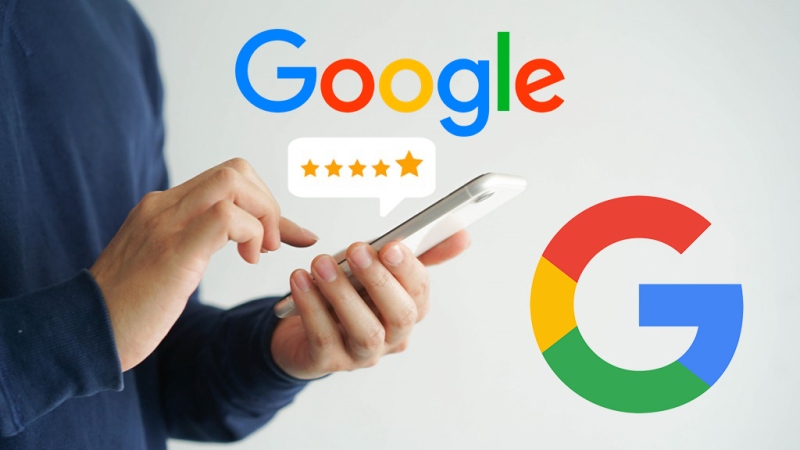We’ve heard many questions about businesses and credit scores. Credit scores are confusing enough to try to understand. But then you throw in the whole business aspect, and it adds a whole new level of confusion. There are so many things to understand when it comes to credit, especially when you expand it to include the concept of business credit.
The first question that comes to mind is: “Do businesses have credit scores?” When trying to understand business credit, that is the first thing to address: do businesses have their own credit scores, or do credit scores only apply to people?
Well, let’s take a minute to address that question:
Do businesses have credit scores?
The simple answer to that question is, yes, businesses do have credit scores. But that is not where the conversation ends. As a business owner, once you understand that businesses do indeed have their very own credit scores, that opens up a whole new conversation for you. It gives you a whole new set of responsibilities; a whole new set of things to think about.
Here are a few things to understand when learning about business credit scores:
1. Separate
Business credit scores are completely separate from personal credit scores. So, if you own a business, you can build up your business credit score and use that to obtain new lines of credit for your business. That way, if something does ever end up going wrong with your business, it won’t affect your personal credit scores (and vice versa).
2. Factors
Similar factors go into determining a business credit score as a personal credit score. Factors like payment history, number of current accounts and current balances, collections accounts, etc all go into determining your business credit score. But on top of that, they also take into consideration the age of your business, etc.
3. Predictions
Just like with personal credit scores, business credit scores are used by credit agencies to try to predict your potential credit worthiness. With business credit scores, the credit agencies don’t always just look at your individual business’ credit history. Sometimes they also take into consideration the history of similar businesses to yours when they are determining whether or not to accept, and what interest rates to charge a new business.
4. Time
It can take a long time for a business owner to build up a business credit score that will enable them to receive business credit. So, for the first while of owning their business, they typically have to use their personal credit scores to receive any type of credit until they’ve been able to build more business history, etc.
5. Other Benefits
There are other potential benefits to building up a good business credit score other than just getting good interest rates. If you have built up a good business credit score, that can show potential business partners, etc that you are a good, solid business. This can also be very beneficial when working with manufacturers, business insurance companies, etc.
6. Credit Repair
Just like with personal credit, sometimes businesses find themselves with inaccurate or misleading, etc items on their business credit reports. If you’ve found yourself in one of these circumstances, you don’t have to allow these inaccurate items to stay on your credit reports, bringing your business credit scores down. Some credit repair companies, like Lexington Law, also offer business credit repair. (You can check out Lexington Law reviews first).




